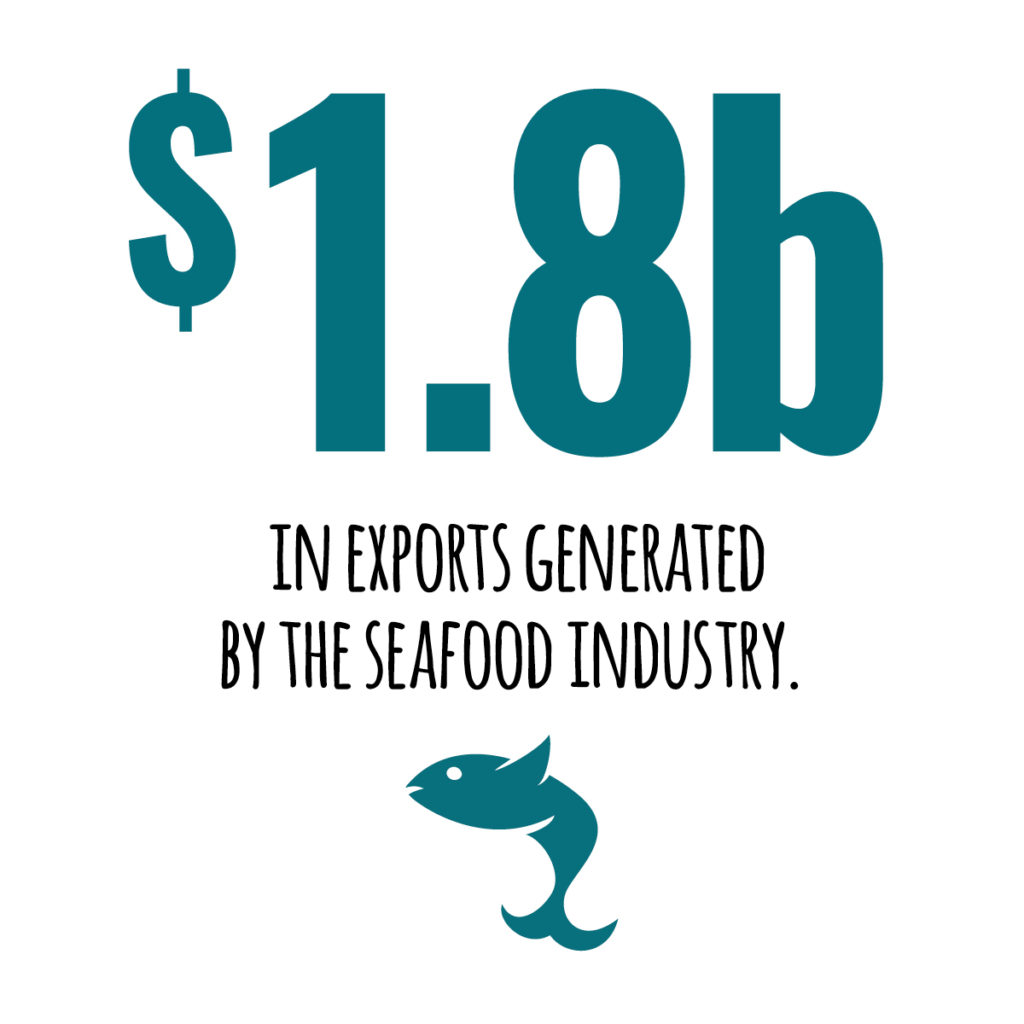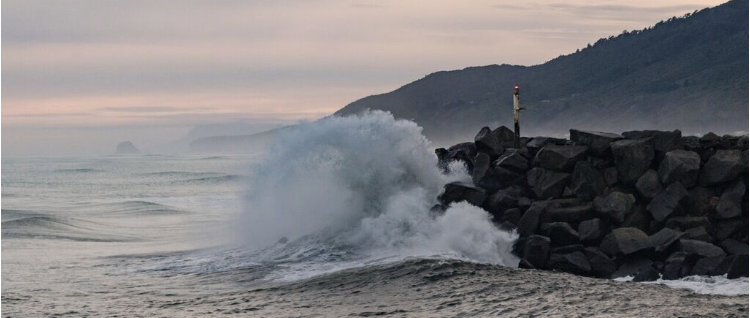Westfleet continues to make advances in its operational practices, in the areas of environmental and social responsibility
Sustainability…the Westfleet way of doing business
Harvesting and processing seafood in New Zealand is an intensely monitored, regulated process that ensures the productive nature of our fishery is preserved.
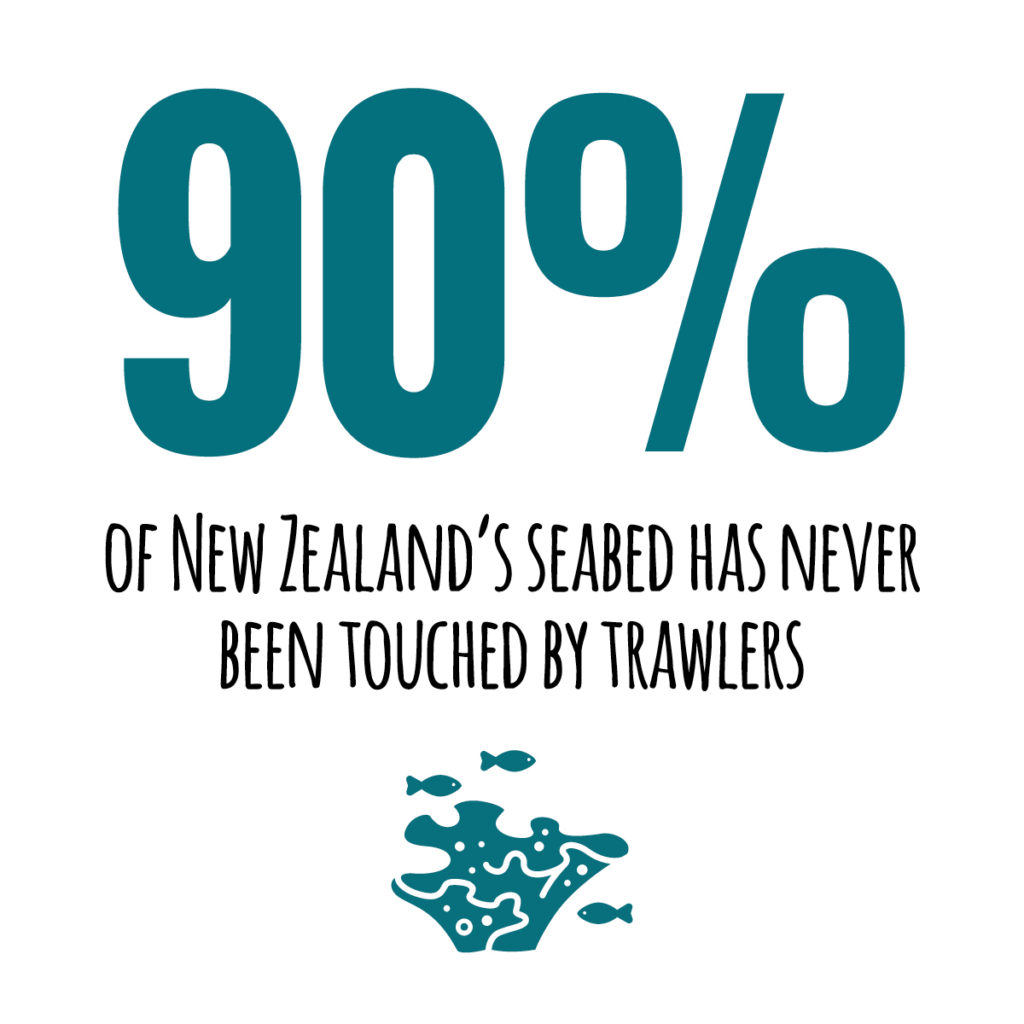
Westfleet’s preferred fishing method is by long-line, which has virtually no impact on the underwater environment, is safer to other marine life like seabirds, dolphins and seals, and results in the highest quality products to our customers.
Some of our environmental and sustainability milestones include:
- Super fast turnaround from vessel to factory, minimizing spoil
- Investment in seabird injury and mortality avoidance practices
- ‘Smart’ technology in our factory and on vessels to enhance yeild and freshness
- Investment in ultra fast processing technology, to minimise spoil and increase product returns
- Invesment in long-line technology to minimise fishery damage and impact to seabirds and marine mammals
- Investment in local infrastructure
- CFC free refrigeration and ice-making processes
- Investment in local labour – putting resources back into our local community
About the QMS – NZ’s Quota Management System
Managed under the QMS, Westfleet’s home fishery stands proud as an example of what can be achieved when information and action work in harmony – sustainable, stable and productive fisheries.
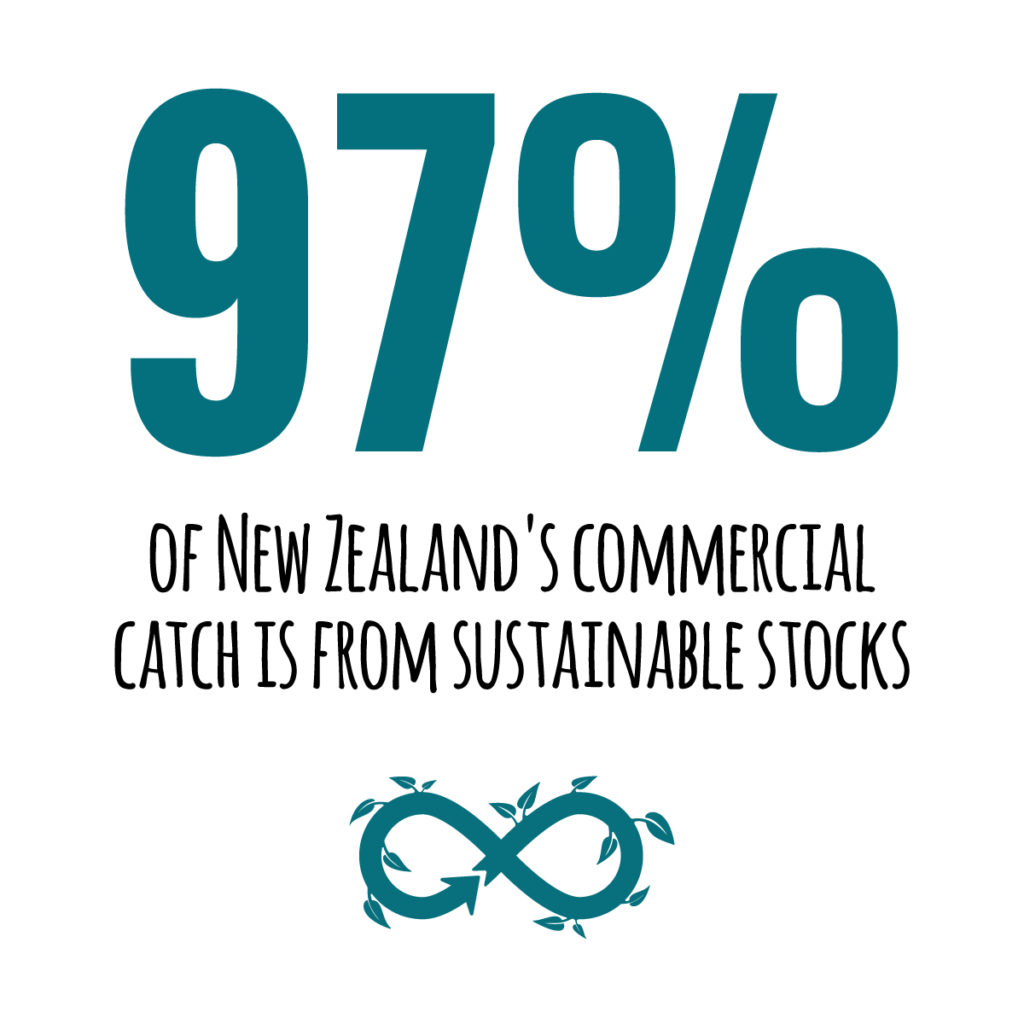
The Quota Management System operates by allocating harvesting rights to our New Zealand fishery, based on percentages of the Total Allowable Commercial Catch (or TACC) for individual species. These quota rights exist as property, and may be bought, sold and leased and represent the weight amount of fish that can be caught.
Year after year, a scientific monitoring process gathers information on fish stocks and fine tunes Total Allowable Commercial Catch (TACC) up or down. Westfleet actively participates in this information process, and works to ensure our marine resources are managed carefully.
Mid water trawling for schooling fish such as Hoki, is done in season, when this popular species gathers in the millions for annual spawning at the edges of the Hokitika Trench and other similar marine features around our coasts.
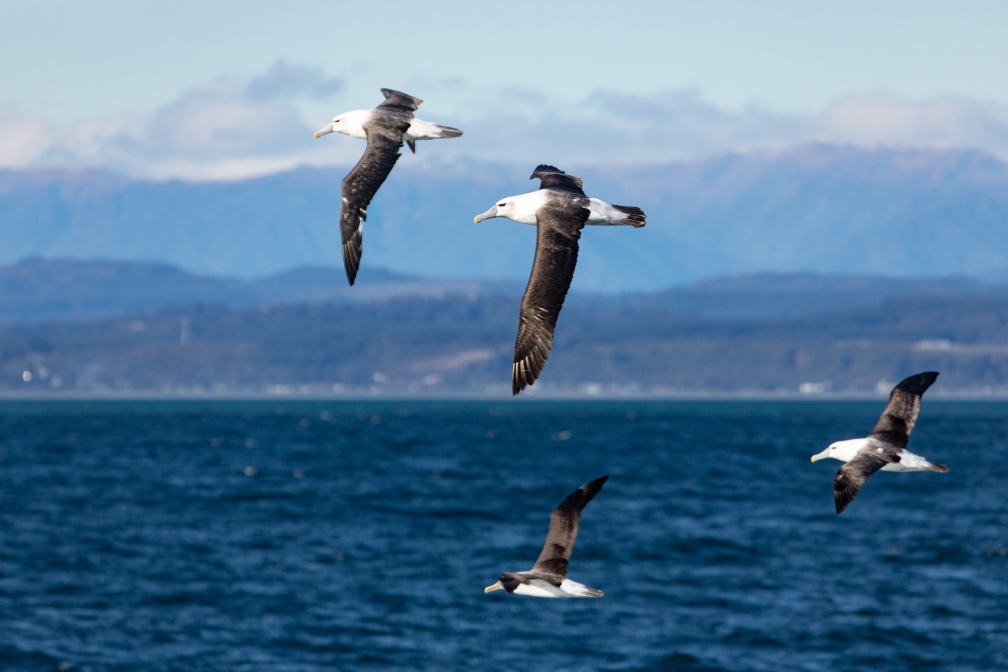
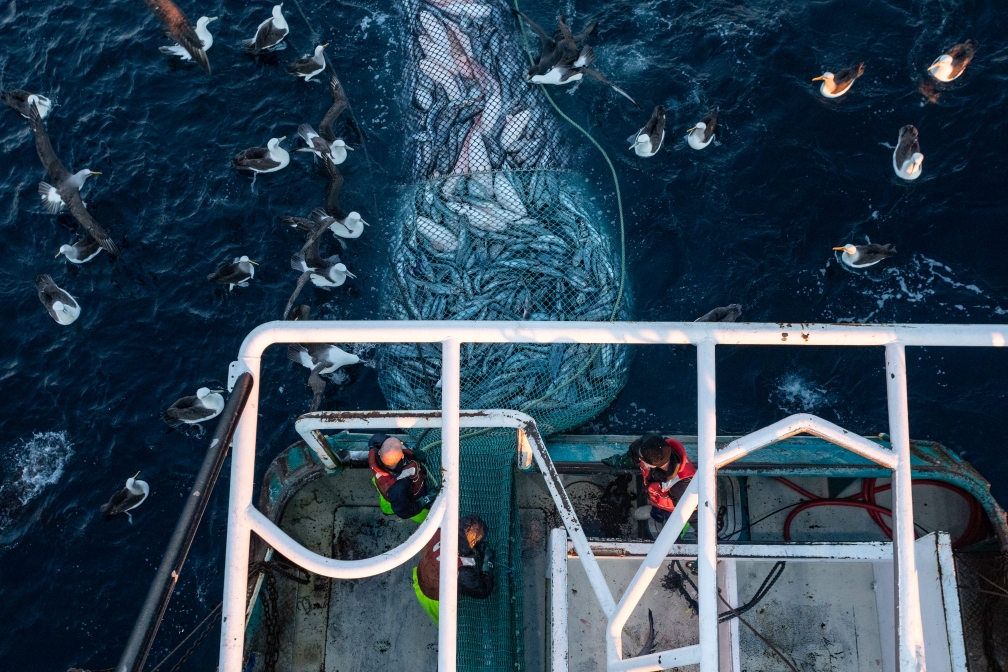
By working in harmony with our natural environment, Westfleet can proudly pass on a healthy fishery to the generations of tomorrow
